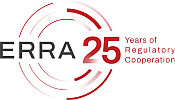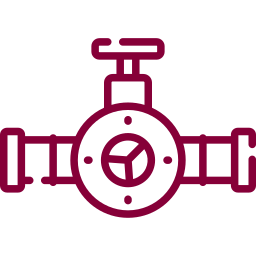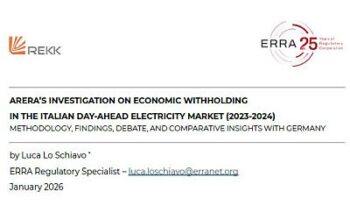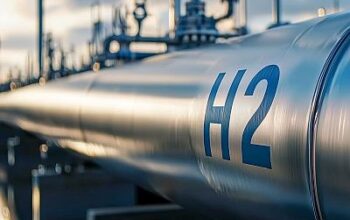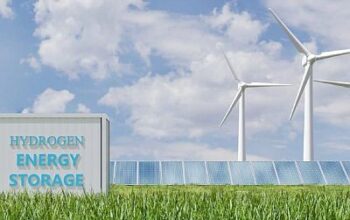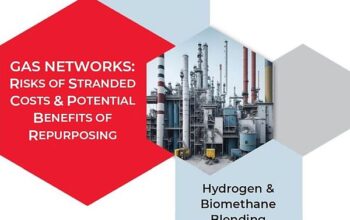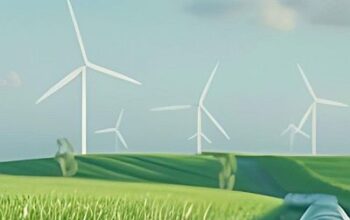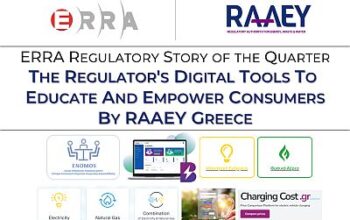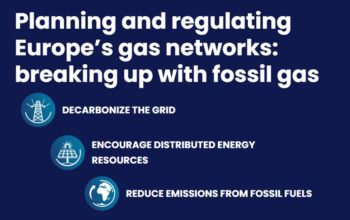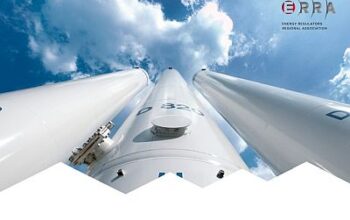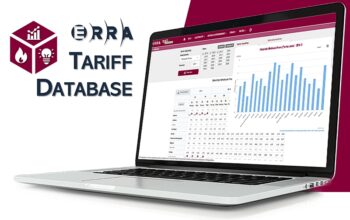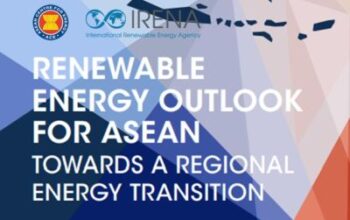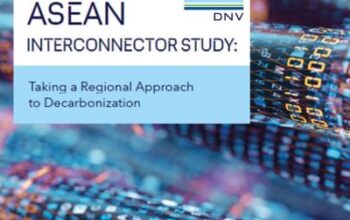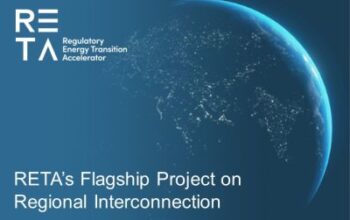This paper by Luca Lo Schiavo analyzes the fact-finding investigation of the Italian regulatory Authority (ARERA) into economic generation capacity withholding in Italy’s day-ahead electricity market, examining its methodology, findings, ...
ACER’s Recommendation identifies key investment risks in hydrogen infrastructure and suggests ways to address them. It offers high-level guidance on designing fair and effective inter-temporal cost allocation mechanisms to support ... This paper pulls together insights from a collaborative process involving two global workshops and hundreds of comments from energy regulators from around the world. The roadmap identifies the key issue ... ERRA Gaseous Fuels Markets and Economic Regulation Committee presents its latest report on Gas Networks: Risks of Stranded Costs & Potential Benefits of Repurposing – Hydrogen & Biomethane Blending. The ... This ACER Monitoring Report on key developments in EU energy markets highlights major trends in 2024, focusing on the interaction between gas and electricity. It sets out ACER’s recommendations on ... Digitalization is transforming energy markets. Greece’s RAAEY leverages online tools to enhance transparency, streamline processes, and boost efficiency for market participants. This study provides comprehensive information on the current state of the gas grid, its development, and the regulatory framework in selected European countries, and identifies current regulatory barriers for the ... ERRA Gaseous Fuels Markets and Economic Regulation Committee presents its Latest Report on Guarantees of Origin & Certification for Hydrogen and Renewable Gases that explores hydrogen as a visionary energy ... Basing on the latest database inputs ERRA has issued its latest report on 2021 data: I) Q4 gas & electricity wholesale and end-user prices; II) Annual data on revenue determinants ... The Association of Southeast Asian Nations (ASEAN) is at a pivotal point in its collective energy future. This report outlines energy transition pathways that focus on renewables, end-use electrification, energy ... The ASEAN Interconnector Study conducted by DNV delves into the critical aspects of decarbonization within the member states of the Association of South East Asian Nations (ASEAN). This comprehensive research ... Strengthening interconnection between grids can enhance energy security and contribute to decarbonisation by allowing more flexibility in the system. Particularly for interconnectors between grids in different jurisdictions, regulators’ roles in facilitating ...ACER’s First Recommendation on Inter-Temporal Cost Allocation Mechanisms for Financing Hydrogen Infrastructure
Energy Innovation & RETA Report on Regulating Hydrogen: A Primer For Energy Regulators
ERRA GF COM Report on Gas Networks: Risks of Stranded Costs & Potential Benefits of Repurposing – Hydrogen & Biomethane Blending
ACER Report: Key Developments in European Electricity and Gas Markets
ERRA Regulatory Story of the Quarter: RAAEY’s Digital Tools to Educate and Empower Consumers
RAP Paper: Planning and Regulating Europe’s Gas Networks
ERRA Report: Guarantees of Origin & Certification for Hydrogen and Renewable Gases
ERRA Tariff Database Report on 2024 Annual Data submissions
IRENA & ACE Publication: Renewable Energy Outlook for ASEAN – Towards A Regional Energy Transition – 2nd Edition
DNV Report: ASEAN Interconnector Study – Taking a regional approach to decarbonization
RETA’s Flagship Project on Regional Interconnection
